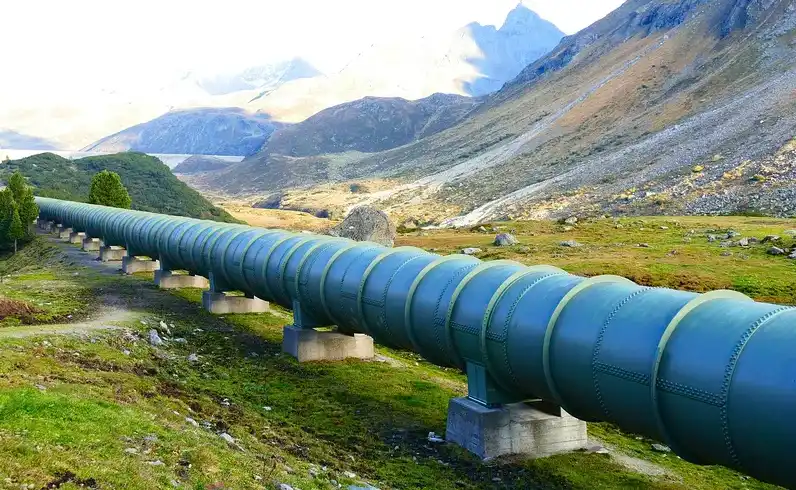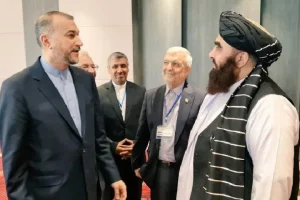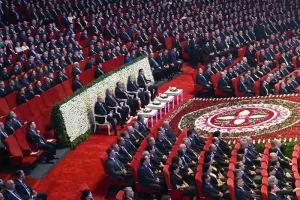President Ram Nath Kovind is setting course for Turkmenistan – the first ever visit by an Indian President to the resource-rich Central Asian country.
But, can his visit revive the stalled Turkmenistan Afghanistan Pakistan India (TAPI) gas pipeline project?
Or is it even on the Rashtrapati Bhavan’s radar given the geopolitical tumult in the region, especially Afghanistan and Pakistan?
President Kovind will also be the first high profile foreign leader to visit Ashgabat just a couple of weeks after Serdar Berdimuhamedov was sworn in as Turkmenistan's new president, taking the reins from his father Gurbanguly Berdimuhamedov.
With a total length of approximately 1814 km – 214 km of which falls in Turkmenistan, 774 km through Afghanistan, and 826 km in the territory of Pakistan before reaching India – the mega gas pipeline project would connect Turkmenistan, one of the largest energy suppliers in the world, with the South Asian countries.

Map courtesy: Nebit-Gaz
Starting from the Turkmen Galkynysh field through the Afghan cities of Herat and Kandahar, Pakistan's Quetta and Multan to Fazilka in Punjab, the pipeline will have a capacity to transfer 33 billion cubic meters of gas per year.
Even as Turkmenistan and Afghanistan held discussions on the TAPI gas pipeline project in China on Wednesday, a concerned India said that it is not just because of a "difficult neighbourhood" that work on the massive pipeline has been stalled.
"It is on record that India has some concerns about the commercial or the business aspect of the TAPI pipeline, and that is being discussed. GAIL is a stakeholder. So, let me simply put it that we have some concerns on the business principles, on the commercial side, apart from the logistical challenges which are very apparent," said Sanjay Verma, Secretary (West) in the Ministry of External Affairs.
The senior diplomat said that President Kovind's forthcoming visit beginning Friday will be another opportunity at the highest levels to revisit where India stands on the issue.

The future of TAPI has remained murky even though, after returning to power in Kabul, the Taliban had shown interest in reviving the project by promising guarantees for the safety of its construction in the war-torn region.
"There is no doubt that the early start of construction of projects such as TAPI, TAP and railways from Turkmenistan to Afghanistan will contribute to the achievement of peace and economic development in Afghanistan," Taliban spokesperson Suhail Shaheen had said last August, a few days after taking over a major part of Afghanistan.
Pakistan too had sought revival of the dormant project with its Foreign Minister Shah Mehmood Qureshi travelling to Ashgabat to convince that TAPI would be beneficial for the entire region.
Meanwhile, Turkmenistan Foreign Affairs minister Rashid Meredov held discussions on the project during his meeting with the head of the foreign policy agency of Afghanistan, Amir Khan Mottaki on the sidelines of the third conference of Foreign Ministers of Afghanistan's Neighbouring Countries in China's Tunxi on Wednesday.
The diplomats stressed the need to further intensify the Turkmen-Afghan cooperation in the field of security and also exchanged views on the implementation of joint infrastructure projects, such as the TAPI gas pipeline, the Turkmenistan-Afghanistan-Pakistan (TAP) power transmission line and railway projects.




















